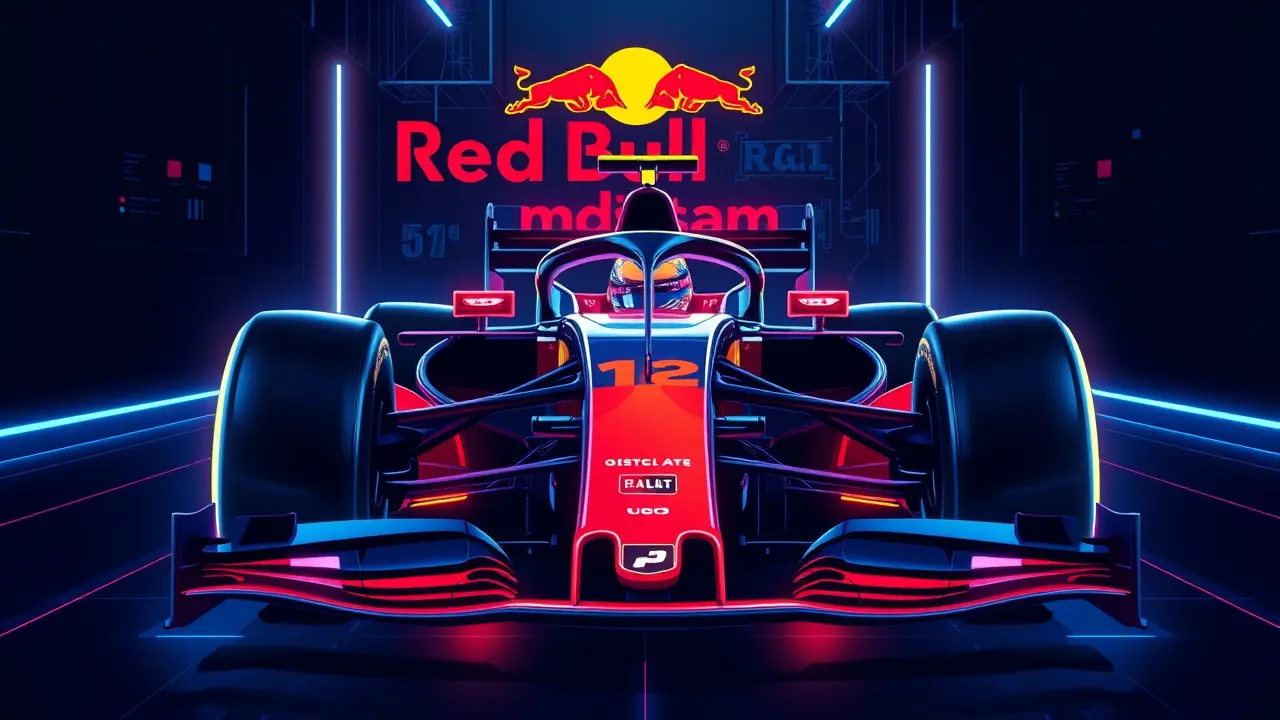
SportmotorsportFormula 1
Red Bull engineer optimizes team workflows for racing performance.
JA
Jack Turner
5 hours ago7 min read2 comments
In the high-stakes world of Formula 1, where victories are measured in thousandths of a second, the real battles are often won not on the tarmac but in the meticulous, data-drenched war rooms where engineers like Red Bull’s Lauren Mekies operate. Mekies, a veteran who has spent his career deep in the engineering trenches, embodies a philosophy where winning is a function of optimized workflows and relentless technical refinement, a approach that feels almost surgical in its precision.His methodology isn't about grand, inspirational speeches; it's about the granular details—the seamless integration of data streams from hundreds of sensors on the RB20, the hyper-efficient communication protocols between the pit wall and the garage that shave critical milliseconds off a pit stop, and the sophisticated simulation models that predict tire degradation under changing track conditions. This is a world where the chaotic ballet of a race weekend is tamed by algorithms and rigorous process engineering, a discipline Mekies has honed over years, reminiscent of how a football manager like Pep Guardiola deconstructs the beautiful game into a series of controllable, repeatable actions.Think of it as the sporting equivalent of Xavi’s tiki-taka philosophy applied to motorsport: it’s not about individual moments of brilliance, but about creating a system so robust and interconnected that performance becomes predictable and excellence becomes a standard output. Under Mekies' oversight, the workflow optimization extends from the aerodynamics team running computational fluid dynamics simulations back at Milton Keynes to the trackside mechanics executing a sub-two-second wheel gun change, creating a symbiotic relationship between human intuition and machine-derived data.The consequence of this is a terrifying consistency for rivals; when a team can replicate peak performance across 24 races in a season, it builds a championship-winning momentum that is as much about operational excellence as it is about driver skill or engine power. This analytical, system-first approach, drawing parallels to the Moneyball revolution in baseball or the rise of expected goals (xG) models in football analytics, represents the new frontier of elite sports—where the margin for error is virtually eliminated through pre-emptive problem-solving and a culture of continuous, data-informed iteration. For Red Bull, with Mekies orchestrating these complex workflows, every practice session, every qualifying lap, and every race strategy is a data point in a grander optimization problem, ensuring that when the lights go out, the team isn't just reacting to the race; they are several steps ahead, already executing a plan refined to near-perfection.
#featured
#Red Bull Racing
#engineering
#workflows
#Lauren Mekies
#Formula 1
#team strategy
#performance optimization
Stay Informed. Act Smarter.
Get weekly highlights, major headlines, and expert insights — then put your knowledge to work in our live prediction markets.
Related News
© 2025 Outpoll Service LTD. All rights reserved.

